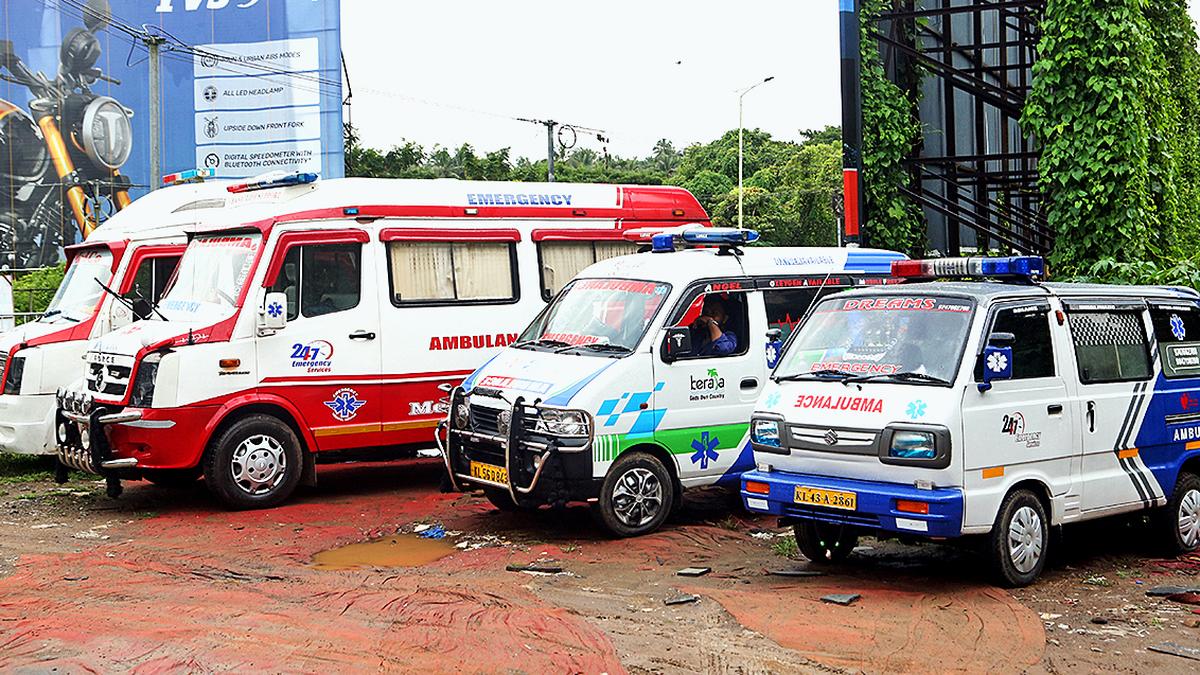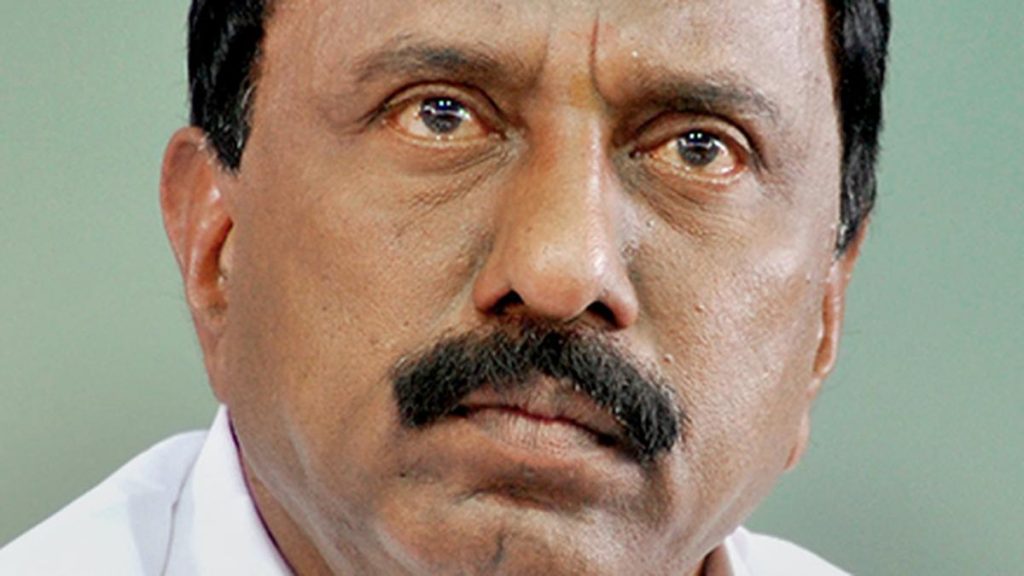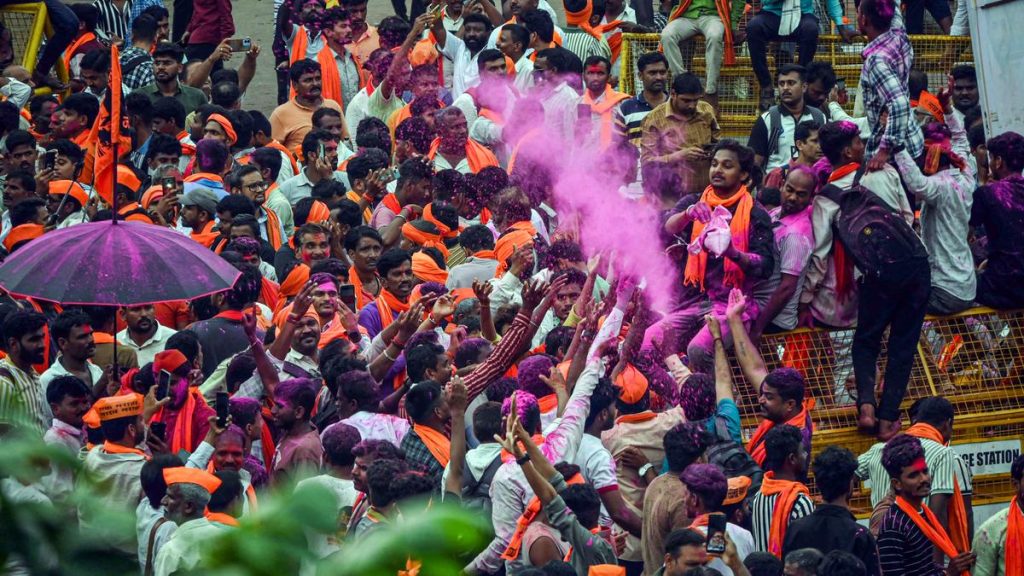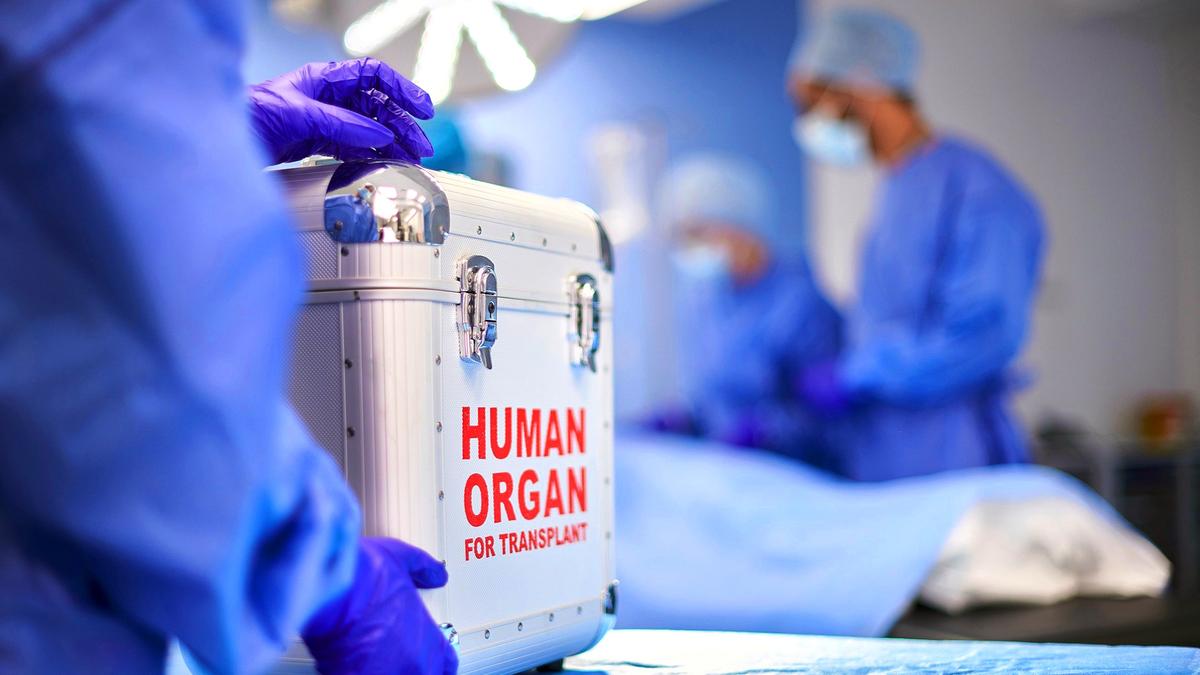Now Reading: Kerala Moves to Regulate Private Ambulances Amid Safety and Overcharging Concerns
-
01
Kerala Moves to Regulate Private Ambulances Amid Safety and Overcharging Concerns
Kerala Moves to Regulate Private Ambulances Amid Safety and Overcharging Concerns

Quick Summary
- Kerala government initiative: The Kerala government plans to meet private ambulance operators to address issues such as risky driving, improper use of sirens/lights, canvassing for private hospitals, and overcharging patients.
- Complaints received: Numerous reports allege that accident victims are being transported to private hospitals for commission without patient consent and bypassing government facilities by citing misleading reasons.
- Road safety concerns: Rash and negligent driving by private ambulances caused 150 accidents in 2024; State Crime Records Bureau data shows 29 fatalities involving ambulances in 2023.
- Lack of compliance: Officials note failure among private ambulances to follow the ambulance code regarding vehicle standards, onboard medical equipment, and operational training. Many vehicles are outdated minivans lacking defibrillators or oxygen facilities.
- Alcohol-impaired driving & training requirements: Instances of drunk-driving among ambulance drivers were flagged. Emergency response training is now mandatory for certification to operate ambulances per Motor Vehicle Department (MVD) regulations.
- Government ambulances vs. Private sector reliance: Kerala’s Directorate of Health Services operates 476 free-of-charge ambulances under the ‘108 service,’ whereas rural areas significantly rely on less-compliant private vehicles.
Indian Opinion Analysis
the proactive step taken by the Kerala government highlights serious gaps in road safety mechanisms and healthcare ethics surrounding emergency services in the state.While addressing grievances like driver misconduct, unsafe transport practices, lack of medical tools onboard, and confusing patient choices between public versus private facilities requires intervention, focusing on enforcement through standardization rather than disruption will be key.
Mandatory driver certifications indicate a promising start toward accountability while ensuring trained personnel at critical moments increases trustworthiness. Tho,this reform must extend comprehensively into widespread monitoring systems via real-time road checks-particularly given safety risks from overspeeding or impaired driving cited here-as enforcement seems insufficient under an “emergency shield.”
Potential ramifications include higher scrutiny over regulatory adherence across India’s healthcare transportation networks as similar concerns persist elsewhere regarding cost transparency alongside equal availability zones tackling efficiently ratio tremendous baseline libido safer community ecosystem fairness realistic scenarios” broad logic avoids rather speculative land rigorous__”:

























